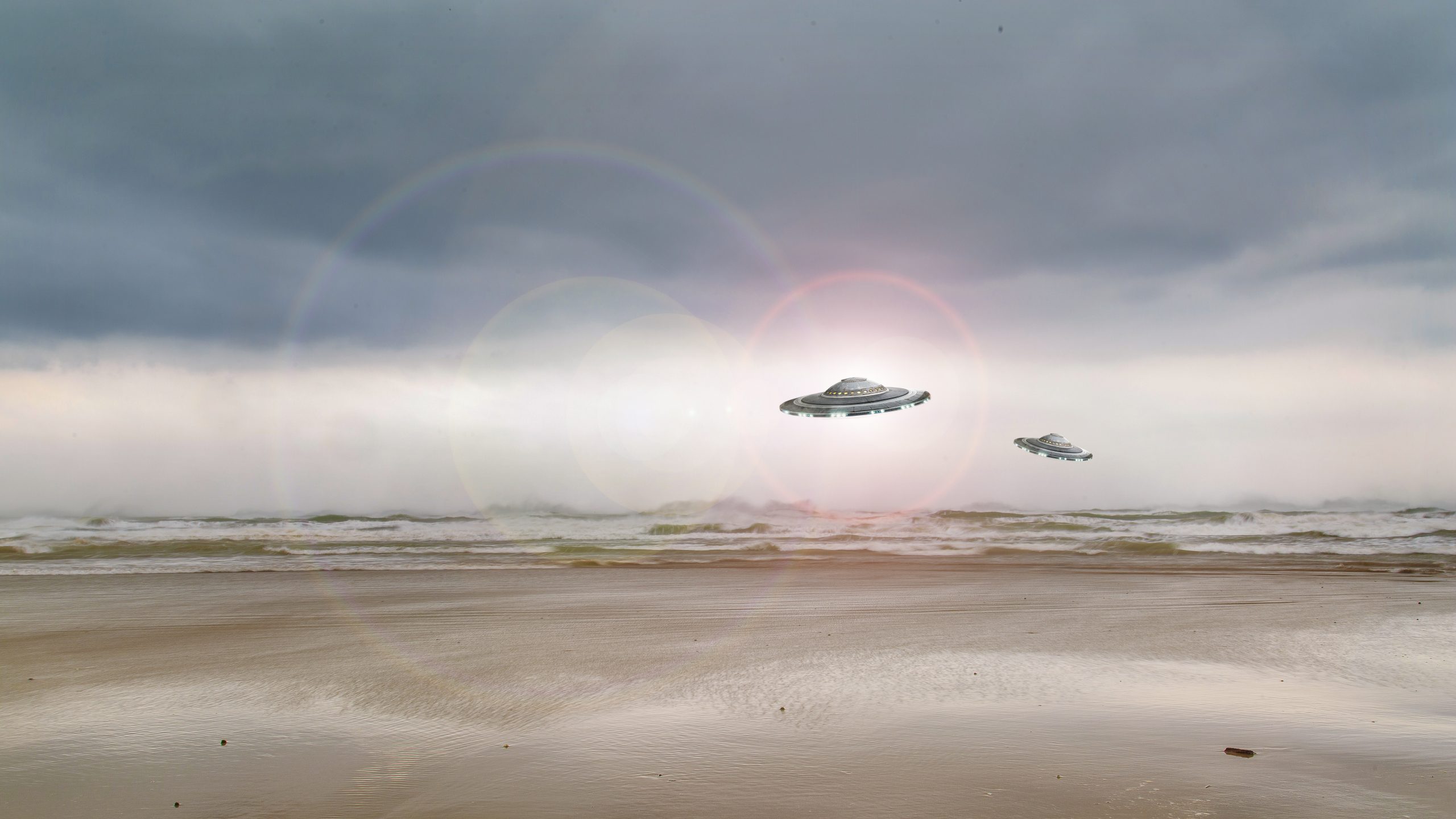Today marks World UFO Day – the international day for people to gather and watch the skies for unidentified flying objects.
UFOs have boggled the minds of star-gazers and curious minds for decades.
Early UFO sightings date back to the 1900s when aviator Kenneth Arnold described a saucer-like object in the sky. Likewise, in 1947, William Brazel reported an air cash, which became known as the Roswell incident.
UAPs, or unidentified aerial phenomena, are taken “very seriously” by the United States’ Department of Defence. In fact, The Department says all reports of “any aerial object, identified or unidentified” are thoroughly investigated.
World UFO Day
Professor Alan Duffy from Swinburne University of Technology says UFO Day helps to reduce stigma around potential sightings.
“We really do have the government taking it very seriously, not laughing it out. But rather, treating it as a phenomenon that’s understood.
“I hope that there’s a few less tin-foil memes going around and some more considered opinion about what this footage could reveal,” he says.
But a recent report from The Pentagon highlights the need to improve processes, policies, technologies, and training to better understand UAPs.
The report looks into 144 cases of reported sightings. But only one was identified.
“We were able to identify one reported UAP with high confidence,” the report says.
“In that case, we identified the object as a large, deflating balloon. The others remain unexplained.”
The UFO report also clarifies the terrestrial theories behind some of the reported sightings.
“We have no clear indications that there is any non-terrestrial explanation for them — but we will go wherever the data takes us.”
https://twitter.com/tickerNEWSco/status/1410763595328143368
Possible explanations offered in the report:
- Airborne clutter
- Atmospheric phenomena
- US-developed technology
- Technology by foreign adversaries.
“There’s a lot of activity going on up there that if you’re not used to looking up at the night sky, you can mistake certain objects,” Professor Duffy says.
“If you ever do get concerned about something up there… there is a procedure for reporting it. Don’t be too worried, or concerned but do be curious and reach out to a local, friendly astronomer,” he says.



 News3 days ago
News3 days ago


 Leaders3 days ago
Leaders3 days ago


 Shows3 days ago
Shows3 days ago


 News3 days ago
News3 days ago


 Docos5 days ago
Docos5 days ago


 Leaders4 days ago
Leaders4 days ago


 Leaders4 days ago
Leaders4 days ago


 News2 days ago
News2 days ago





